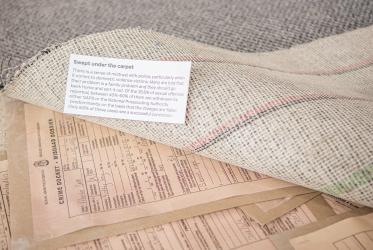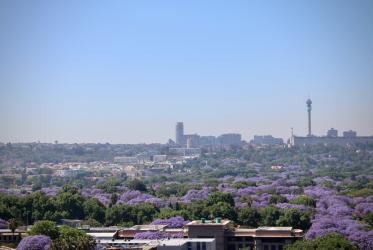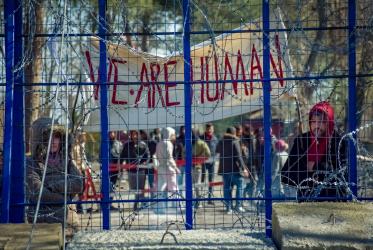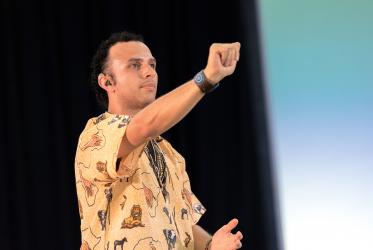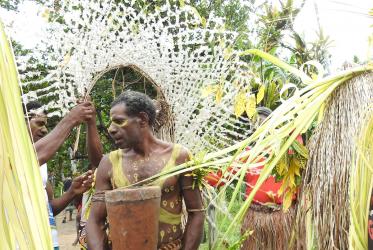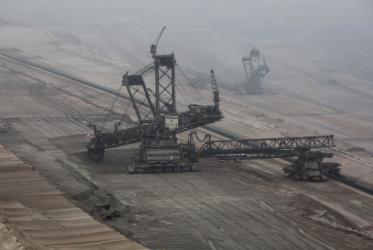Displaying 21 - 40 of 108
Churches can address root causes of femicide—and webinar reveals how
01 December 2021
WCC condemns bombing of Makassar church in Indonesia
29 March 2021
With pointed urgency, faiths rise for climate justice
17 March 2021
WCC offers prayer during Japanese peace conference
11 March 2021
Rethinking Ecological Relationships in the Anthropocene era
11 - 13 February 2021
Helping Children Out of the Shadows and Into the Light: Brochure
Church Resources For Ending Sexual Violence Against Children
04 November 2020
In a COVID-stricken world, “everyone is important”
23 October 2020



